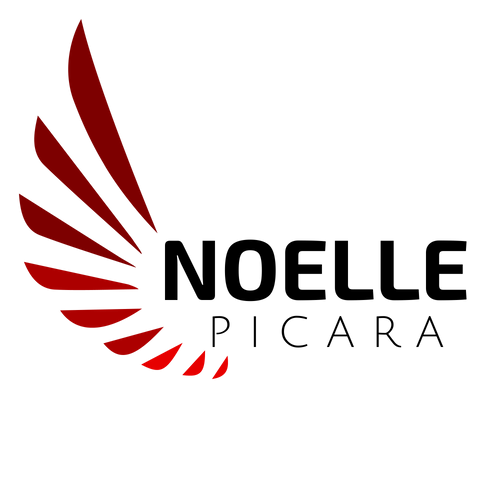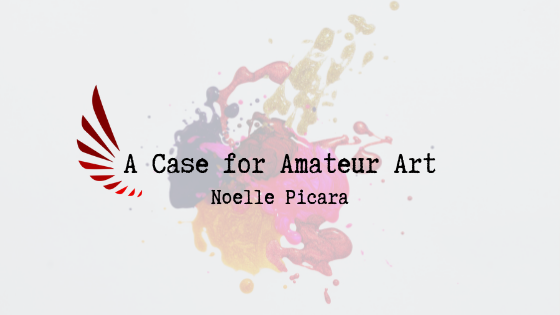I went to a sharing circle the other day in Wilmington and I was greeted with some of the most profound spoken word poetry that I have ever heard. It was truly a phenomenal experience. All of the poets that were there came from a variety of backgrounds and professions; most were not professional writers or poets. But they poured out their lives in this poetry and they bared their souls to us in a way that really struck me.
One poem that particularly struck me was written by a female sanitation employee. Her piece reflected on her life and the career path that brought her to where she is today, going from driving a semi across the country to driving a local sanitation truck. She showed us how much she has learned about the neighborhood around her simply by driving through it every day. She watched children go to school, bike commuters dodge the truck on the way to work, and grieved when an older man was no longer there on her morning run. This woman was able to show us a profound perspective on life, and we all were moved by the wisdom that came from this woman’s daily service to the community.
That got me thinking about the power of amateur art. We all deserve to have this chance to gain these perspectives from those around us, people with a variety of lifestyles and bodies of knowledge. And in order to achieve this, we need to give the space for everyone to be creative, not just the professionals. As Jack Kerouac always said, if you want to be a writer, don’t be a professional writer – go do a bunch of other jobs. I’ve always thought, if all I do is make art, then what am I writing about? How can I stay connected to real life and also write?
Our society needs professional artists with hard-earned technical skills. I am not diminishing that. But these professionals are often tasked with the great work of chronicling our history, social events, and creating great works of art for our culture. Professional artists sometimes miss the nuances of everyday life because they’re focusing on the big picture.
There also has grown a competitive criticism around art and the way that we facilitate art education in our society today. Culture has infused the arts with a staunch line of professionals and those who should leave it alone. Teachers are supposed to identify the “real” artists as children, and everyone else should give up. Carol Dweck, the Stanford psychologist who coined the term “growth mindset,” would call this point of view an outdated “fixed mindset.” Either you’re creative or not. Either you’re born an artist, or you’re not. Meanwhile, we have created this stigma of shame for people who aren’t “the best” and we discourage them from creating art in the future, whether that is dancing, narrative, poetry, song, visual arts, or performing arts. Even the word “amateur” has a negative connotation; it’s almost synonymous with mediocre. Instead, I would argue that professional art, or art that’s made for money, is mediocre just as often. The edge of amateur art is the passion and life experience that drives it, and the importance in the life of that particular person.
I was so moved by these amateur poet’s artistry and experience; they were able to share so much about their lives through an art form that brings them joy. For an amateur artist, that person has rolled up the entirety of her life experience into a ball of creativity that expresses itself in that poem. She gifted it to us and gave us a unique viewpoint of life that we would never have had otherwise. In order to build a fuller society, we need everyone’s viewpoints expressed through art.
How about you? If you have a passion for amateur art, I want to hear your story!

